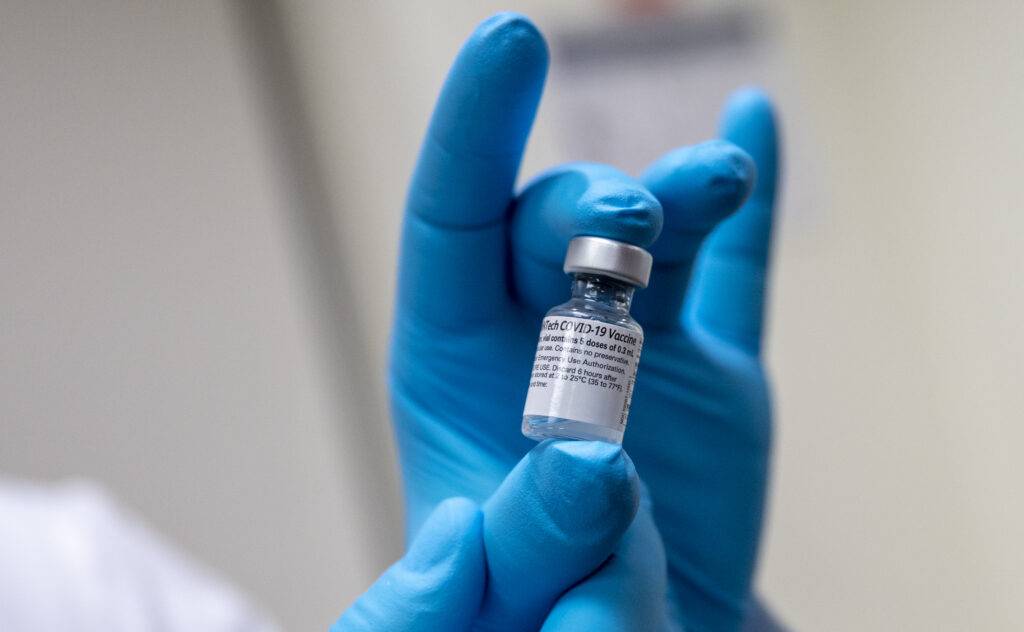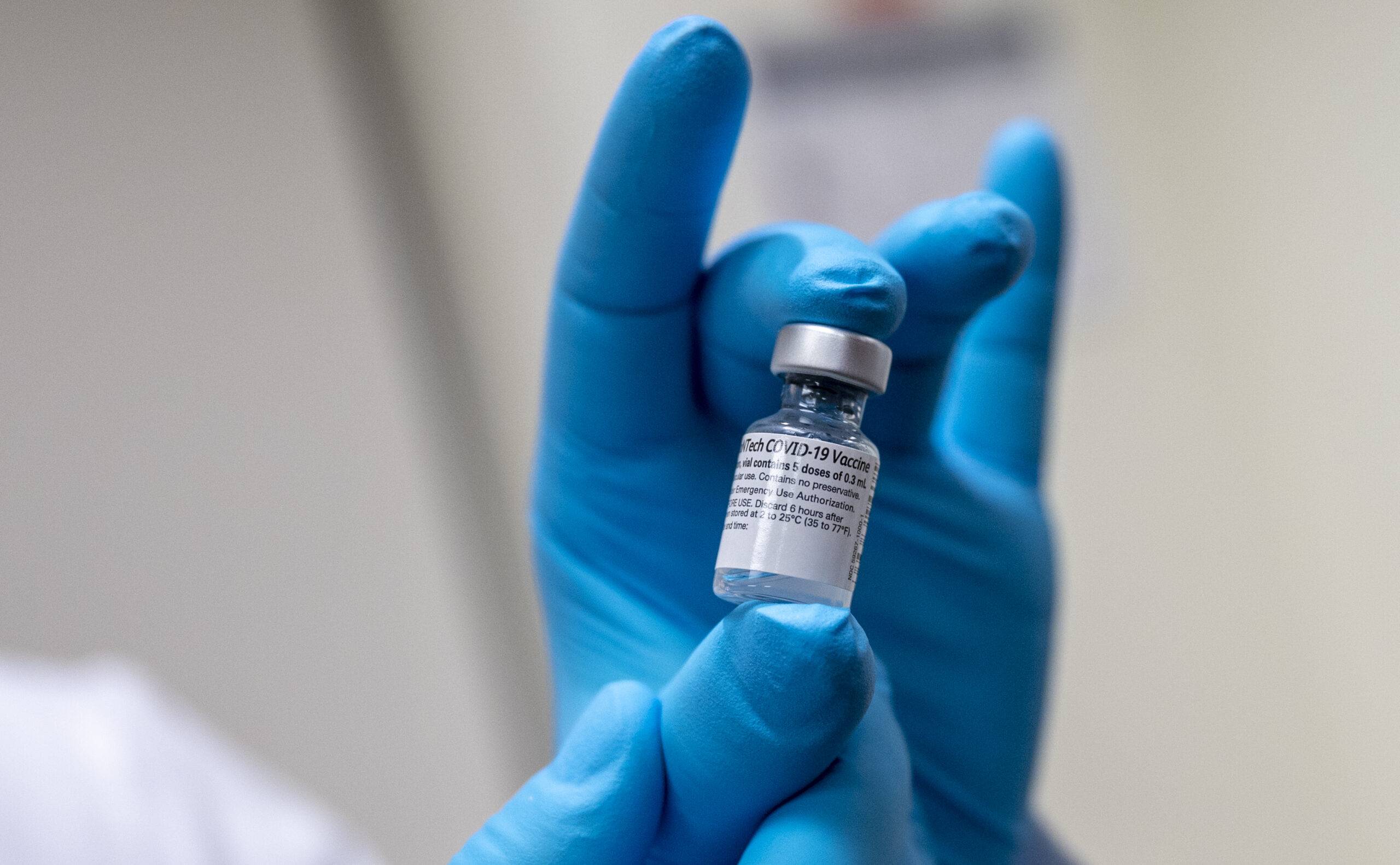Following a contract with its foreign counterpart, a Shanghai-based pharmaceutical company agreed to produce Pfizer-BioNTech vaccine: an mRNA vaccine, which is 95 percent effective in preventing COVID-19.
According to a stock filing to the Shanghai Stock Exchange on Sunday, a partnership between Shanghai Fosun Pharmaceutical Group and its German partner BioNTech will enable the local production of 1 billion doses of the messenger RNA (mRNA) COVID-19 vaccines yearly.

According to the announcement, Fosun Pharma would invest up to $100 million in its joint venture with BioNTech to establish factories and facilities, while BioNTech will supply the patent and technological know-how for producing the vaccine.
The vaccine will be made available from Fosun Pharma in Mainland China, Hong Kong, Macao, and Taiwan.
BioNTech also announced intentions to build its regional headquarters and an integrated mRNA production plant in Singapore on Monday. According to the business, the Singapore facility will “offer regional and worldwide supply capacity” as well as “rapid response production capability.”
While the Pfizer-BioNTech vaccine has been approved for emergency use in Hong Kong and Macao, the shot has yet to be approved on the Chinese mainland. According to the Wall Street Journal, China is expected to approve the shot by the end of July, making it the first foreign COVID-19 vaccine to be allowed for use on the mainland.
China has approved five vaccinations made in the country thus far. It has given out over 317 million doses of COVID-19 vaccines by Sunday, the most of any country, followed by the United States, and expects to vaccinate 40% of the population by the end of June.
According to Bloomberg, nearly 1.29 billion doses of COVID-19 vaccine have been provided worldwide, with many industrialized countries leading the charge.
On the other hand, the World Health Organization has condemned the “shocking imbalance” of global vaccine deployment, claiming that impoverished countries have significantly less access to vaccines despite having far more need in many circumstances.
This month, the United States announced that it would support lowering patent laws for COVID-19 vaccinations, potentially facilitating their global distribution. However, pharmaceutical firms such as Pfizer and governments such as Germany are opposed to such a move.



